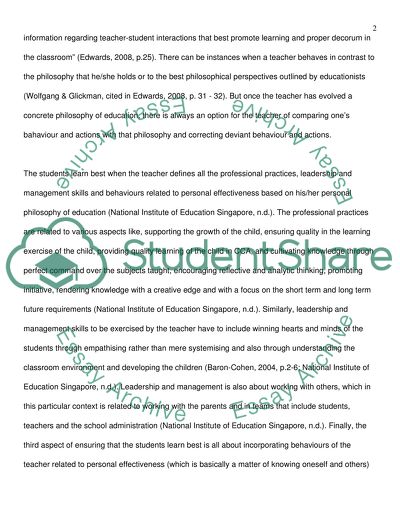Cite this document
(“Personal Philosophy For Education Essay Example | Topics and Well Written Essays - 2000 words”, n.d.)
Retrieved from https://studentshare.org/education/1444240-personal-philosophy-for-education
Retrieved from https://studentshare.org/education/1444240-personal-philosophy-for-education
(Personal Philosophy For Education Essay Example | Topics and Well Written Essays - 2000 Words)
https://studentshare.org/education/1444240-personal-philosophy-for-education.
https://studentshare.org/education/1444240-personal-philosophy-for-education.
“Personal Philosophy For Education Essay Example | Topics and Well Written Essays - 2000 Words”, n.d. https://studentshare.org/education/1444240-personal-philosophy-for-education.


